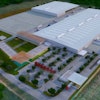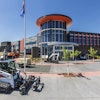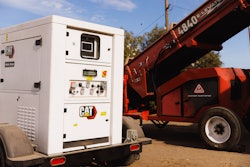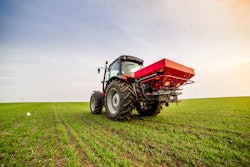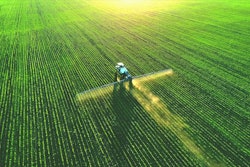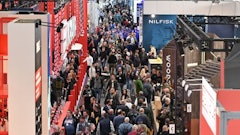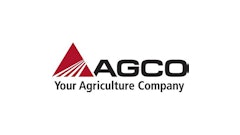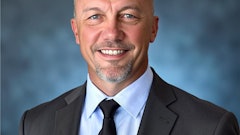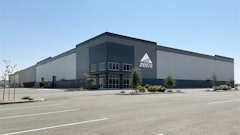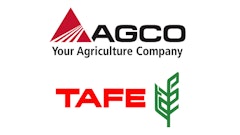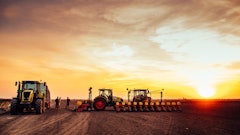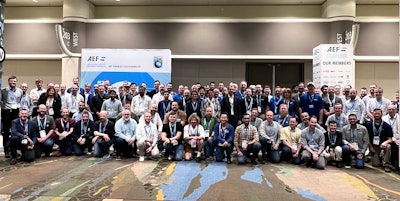
The Agricultural Industry Electronics Foundation (AEF) will hold its spring plugfest in Milwaukee, Wis., March 31 to April 3 at the Westin in conjunction with the Association of Equipment Manufacturers (AEM). AEF’s biannual Plugfest provides an opportunity for precision agriculture software engineers to temporarily put aside competition to test compatibility and correct communication of their ISOBUS products. Dozens of technical teams from across the agricultural industry will “plug in” their competing equipment to help ensure the technology works together seamlessly, making equipment more effective, and the farmer's job easier to do.
“Our North American Plugfest is important for both large and small companies to discover and resolve interoperability issues prior to their products’ launch,” said Norbert Schlingmann, General Manager, AEF. “There is a wider variety of manufacturers creating a broader scope of agricultural products today. Achieving cross-brand compatibility is crucial in the global marketplace as it directly influences efficiency, productivity and sustainability.”
AEF’s Plugfests, which began in 2001, ensure that manufacturers of tractors, implements and components are interpreting the ISO 11783 standard in a compatible way. For two days in a row, engineers test their ISOBUS products for compatibility with those from their competitors, performing up to 48 different tests in 45-minute timeslots to see what works the first time, and sometimes where improvements are needed to obtain compatibility on the ISOBUS.
The success of the cooperation between the organization’s 300 member companies has enabled the AEF to expand its scope beyond electronic communication between the tractor and implement, to include future technologies such as: wireless in-field communications (WIC), High Speed ISOBUS (HSI), autonomy, and Agricultural Interoperability Network (AgIN), a “peer-to-peer” network intended for agricultural software providers who would like to enable their customers to use their data in any agriculture platform.
“Interoperability and equipment compatibility is a global challenge, and we want to make sure that we're using global standards, whether that’s in the Americas, Europe, Asia or Africa,” said Schlingmann. “Farmers need tools that work. It all comes down to creating solutions as an industry that answer one question: ‘How can we do agriculture better together.’”


